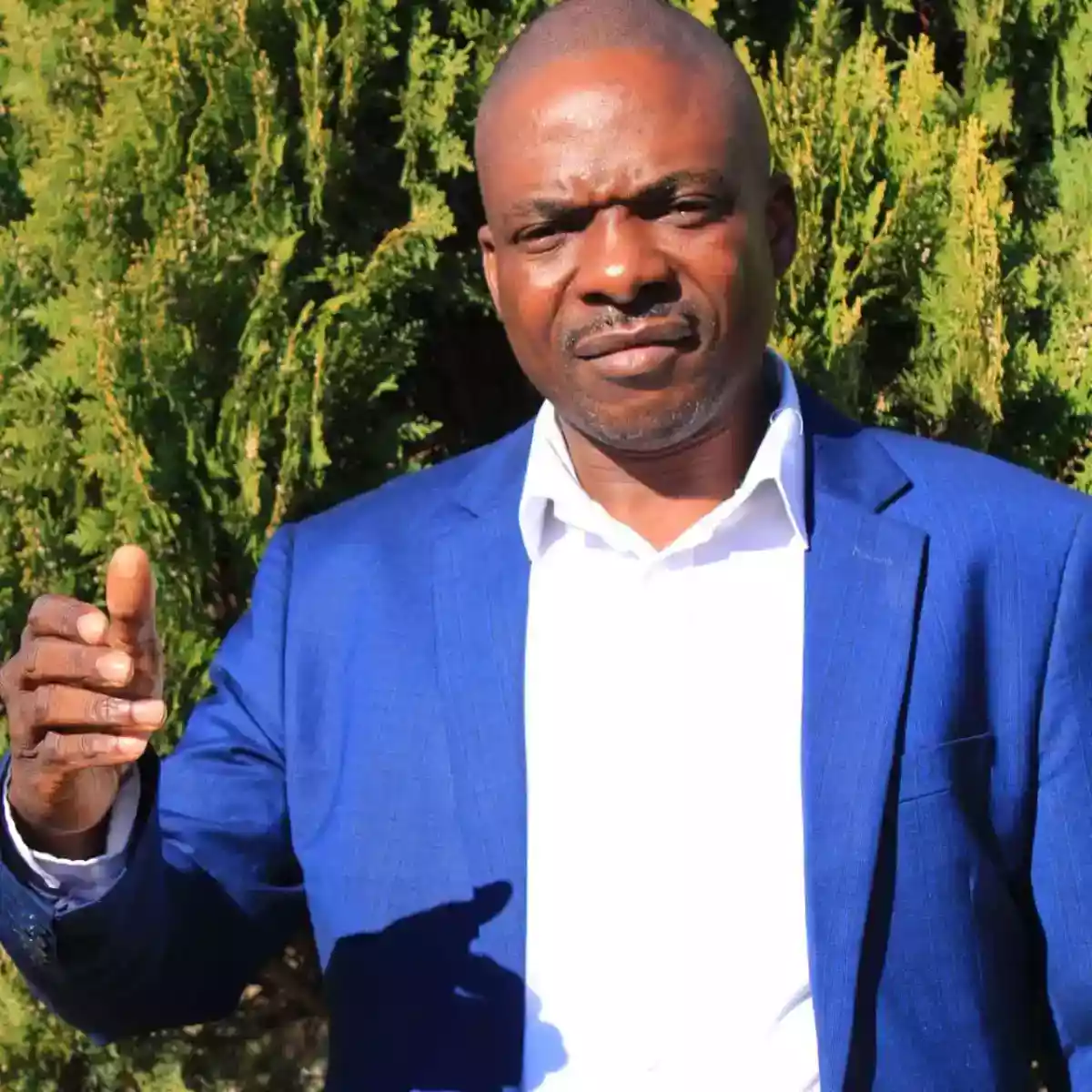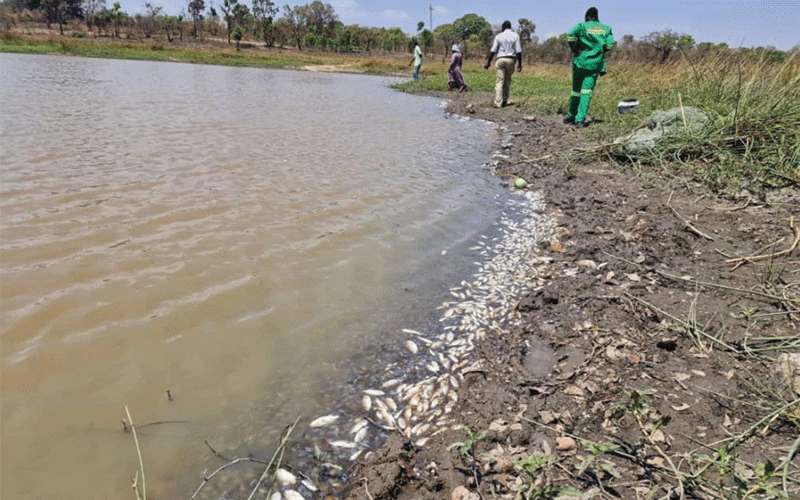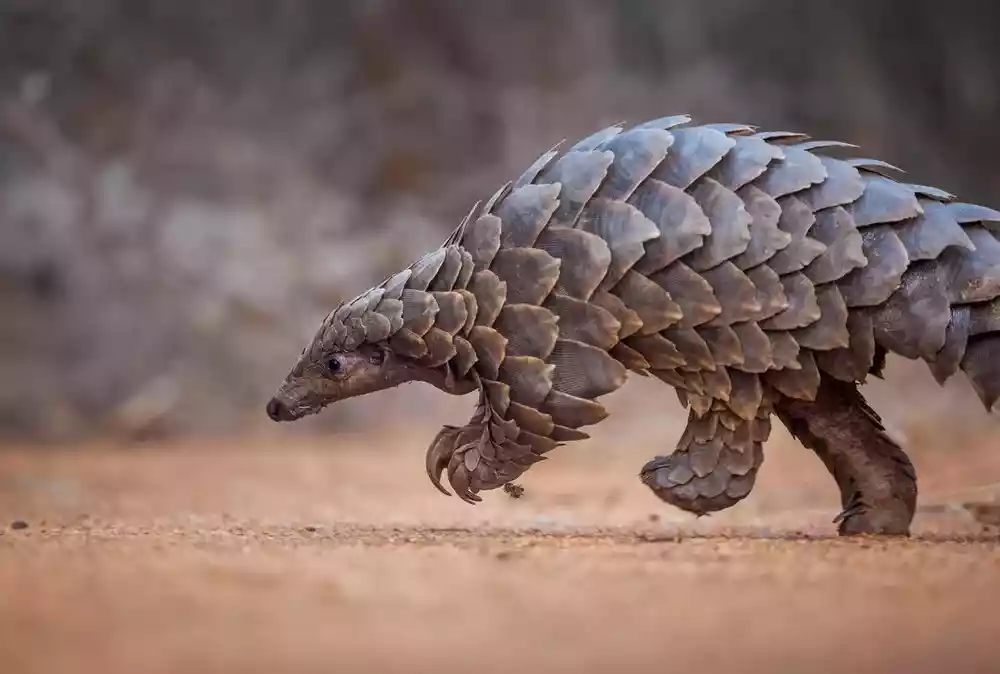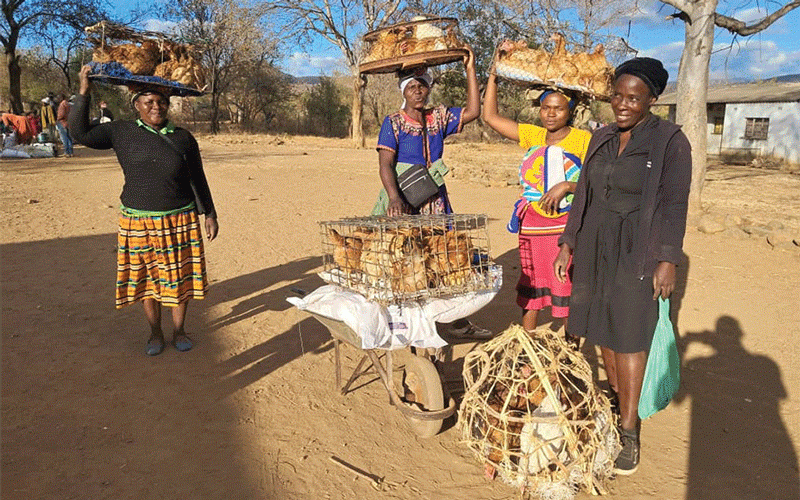
AGNES MATIZA (72) walks briskly for her age to open the gate and welcome visitors into her well-kept yard.
The senior citizen ushers her visitors towards the fowl run where they are also welcome by the clucking sound of hens.
Gogo Matiza is one of thousands of villagers in Chimanimani district whose lives were extensively set back following the devastating effects of Cyclone Idai floods that left many livelihoods negatively affected in 2019.
She lost her grain reserves and crops to the tropical storm that hit most parts of Manicaland province, exposing many families to abject poverty.
However, most of them have recovered from the climate change-induced setback courtsey of the Resilience Building for Chimanimani Communities project, aimed at capacitating the victims financially and nutrition wise.
“Right from the start, we boosted our family nutrition by eating eggs. The yield has overwhelmed our appetite and we are now collecting eggs for hatching,” said Gogo Matiza.
Post-Cyclone Idai, villagers resorted to negative coping mechanisms, including selling livestock to sustain their families.
Their main sources of income were casual labour, fruit selling and remittances which were eventually hard hit by the COVID-19 restrictions.
- Matiza’s widow in estate wrangle
- SA insurer targets Zim after US$2.4 million payouts
- SA insurer targets Zim after US$2.4 million payouts
- Addressing climate change the green building way
Keep Reading
“I received seven chickens from Practical Action and five of them are already laying eggs. I have 60 eggs in the house which are ready for incubation and I can surely rebuild my chicken farming project,” she added.
Gogo Matiza collects five eggs every morning.
Another villager, Sekai Munyebvu who also received seven birds, said the project had an instant impact on her family’s nutrition and social upliftment.
“When we received the hens, they were at the point of laying eggs. This helped with nutritional variety and when I participated in a cooking competition, I used some of the eggs for baking,” she noted.
“I will be selling eggs, chicks and chickens when I reach full productivity. The income will be important to meet other financial needs for the family.”
The villagers received the Sasso Sussex, an improved breed of indigenous or free-range chickens, which are disease resistant.
Practical Action provided technical training on poultry management and chicken feed starter packs.
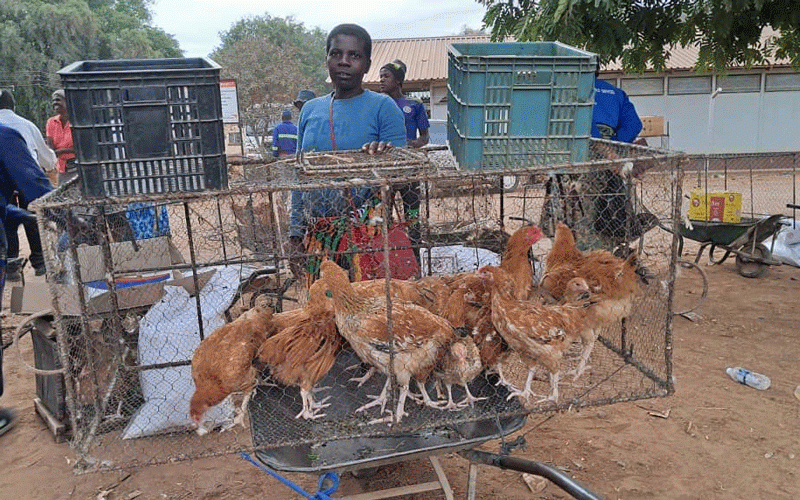
Villagers are also set to receive incubators to address the challenge of low productivity due to low egg hatchability, while improved breeds will address the low productivity of the current stock of indigenous chickens due to generations of inbreeding.
“Indigenous poultry seeks to introduce improved breeds such as Sasso and Boshveld chickens through localised breeding initiative that involves the use of egg incubators,” said Practical Action field officer,John Muusha.
“Incubators address the challenge of low productivity due to low egg hatchability while improved breeds will address the low productivity of the current stock of indigenous chickens due to generations of inbreeding.”
Muusha said the breeds have been selected because they are highly productive and require low maintenance.
“Sasso and Boshveld chickens have the ability to resist many bacterial diseases, are free range and require less supplementary feeds which further improve productivity. As part of agroecology, the project has trained farmers on using local feeds such as worms and other feed formulations using locally available resources,” he explained.
“These indigenous chickens ensure rapid access to nutrition and benefits of the eggs production that helps to boost their four-star diet.”
The Resilience Building for Chimanimani Communities project seeks to restore food and nutrition security and reactivate livelihoods among extremely poor families in Chimanimani district, contributing to recover from consecutive floods, dry spells and the effects of COVID-19. The project is funded by the United States Agency for International Development.



